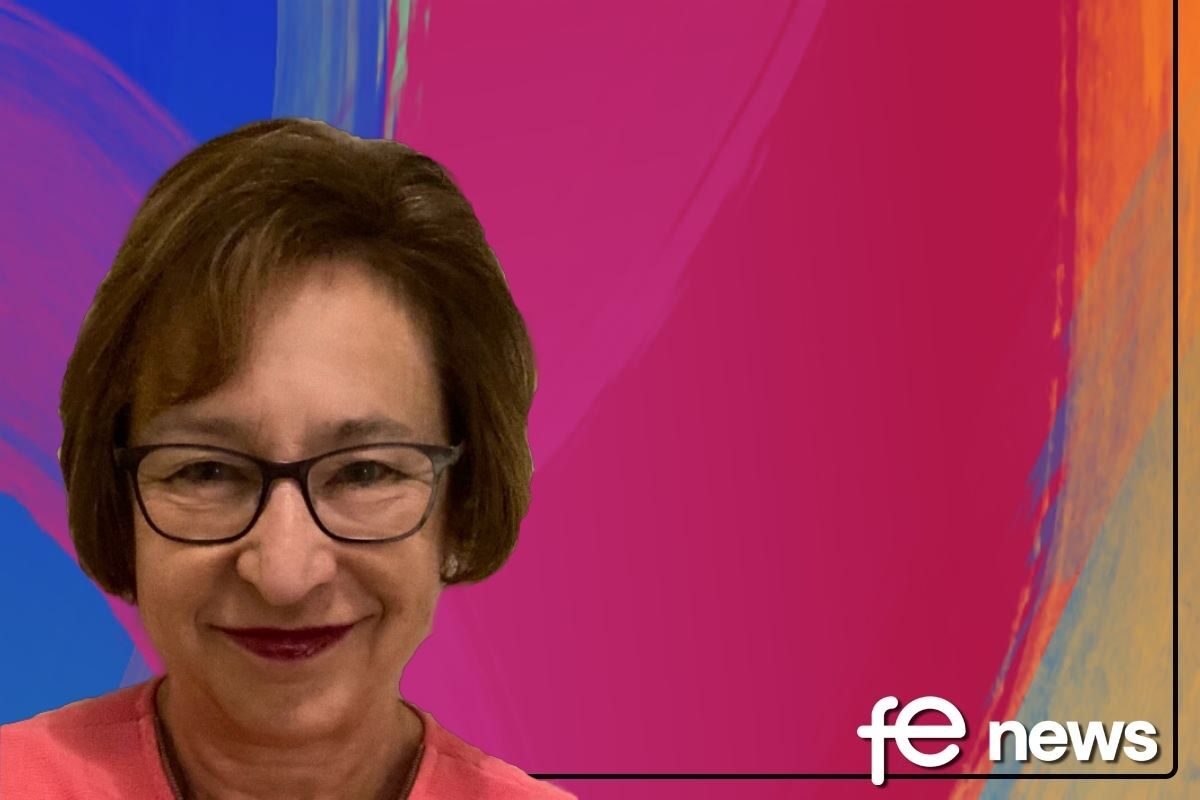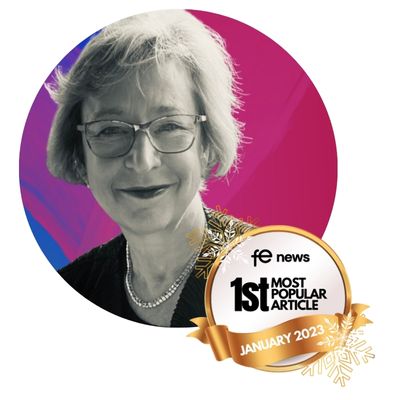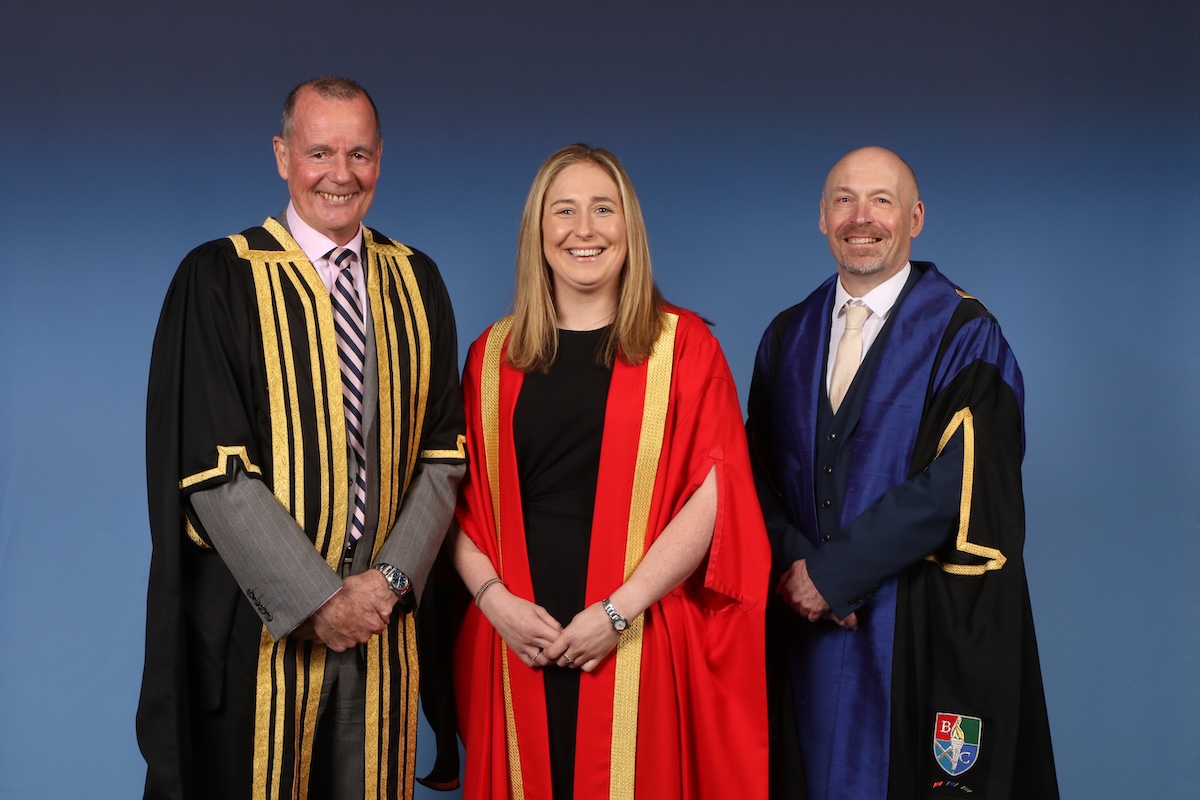World Autism Awareness Day- The right to freedom of expression

World Autism Awareness Day is an internationally recognized day annually on April 2nd, encouraging Member States of the United Nations to take measures to raise awareness about autistic individuals throughout the world.
Autism is close to my heart as it runs through my family, and we certainly represent the spectra that is often discussed. We have people in our family who are non-verbal and others who are hyperverbal. We have some family members with high levels of support needs and others that are independent, having their own families and are working in high-power careers.
Some have a different mix of DCD (Developmental Coordination Disorder), ADHD and Developmental Language Disorder (DLD) as well. Some people in our family have epilepsy and hypermobility syndrome too. We are a wonderful mix.
Health and Educational Services
As a parent and a medical doctor, I was surprised to find how hard it was navigating health and educational services. I often ended up going from place to place telling my child’s story again and again and wanting some practical tools to help. Because of these personal and professional experiences, I set up a clinical transdisciplinary centre which I ran for more than 20 years to try and have a ‘one-stop shop’ for person and family-centred support.
Even more than 30 years later one of the hardest things I think many parents and adults find is understanding how to best support their child to be their best self and working out where to go to get the help they need. Long waits for help can be frustrating and even when a diagnosis is given it doesn’t always lead to practical guidance that is required.
It can also be wounding when people around you make a comment about your child because they don’t understand the barriers that exist or the ones, they may be creating without knowing. Training in schools across neurodivergent traits and conditions is important and not delivered by one label at a time.
When we speak, think, and process information differently it can be a challenge trying to work out the social conventions that we meet every day. Communication challenges between people and attitudes of others remain challenging today.
There are many, many different rules of social interaction that can appear very confusing. Social interactions can vary so much from day to day, from person to person and in different settings. There is not a training course you can go on to provide simple solutions you can globally apply that makes it easy to navigate this complex, changing and variable world.
I look back years ago to when I was discussing with one of my family members that they needed to look someone ‘in the eye’ when talking to them and how it was so very important to do so. They asked me which eye and for how long? I realise today this was not only difficult to enforce but I was also trying to conform to normative stereotypes.
If you don’t have personal experiences yourself, it can be too easy to take for granted social interactions and easy conversation flows but we all need to remember that this not true for many children and adults and be kind and thoughtful.
How do we help all children participate in school?
Under the UN Convention on the Rights of the Child it importantly states that “Every child has rights “without discrimination of any kind, irrespective of the child’s or his or her parent’s or legal guardian’s race, colour, sex, language, religion, political or other opinion, national, ethnic or social origin, property, disability, birth or other status” (Article 2).
The Convention states that the rights must be seen as a whole and all the rights are linked and no right is more important than another. But I think one in this context today is important to emphasise and that is “the right to freedom of expression (Article 13)”.
“The basic motivating factor for all human social behaviour is a lifelong need for human recognition” said Dusay and Dusay.
On this day let us each think of the many ways we can ensure every child (and adult) has the means to express their views and participate in society on an equitable basis.
I also have the privilege of being asked to speak on this day by the United Nations and the Institute of Neurodiversity: Transformation: Toward a Neuro-Inclusive World for All .
The neurodiversity narrative we are using is wonderful as it not about what we cannot do but more about what the world can do to make it a more inclusive place where we all have an opportunity to thrive.












Responses